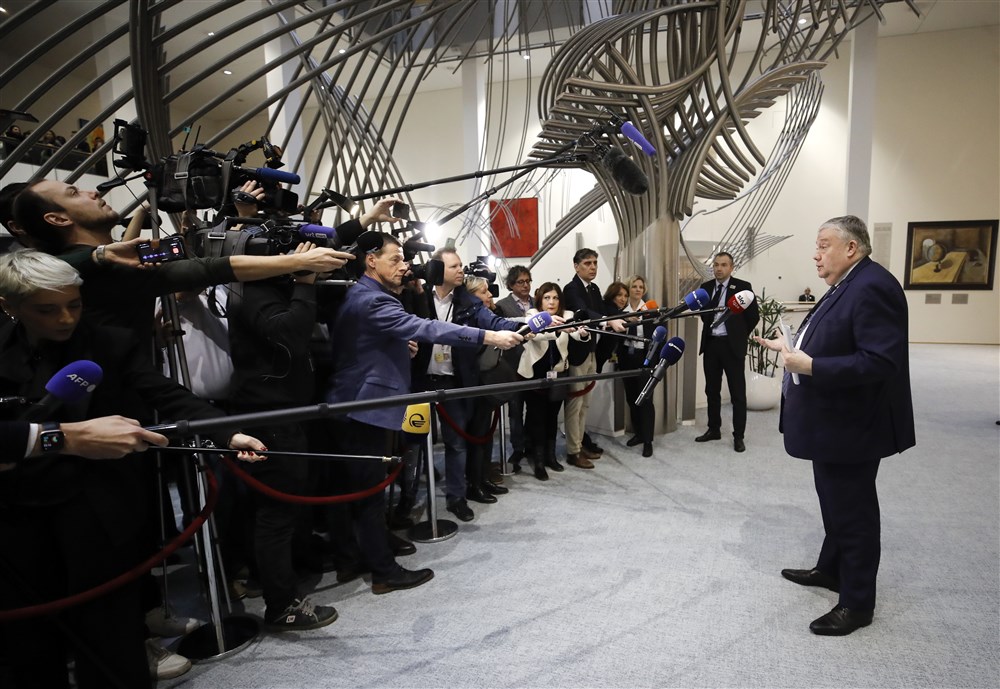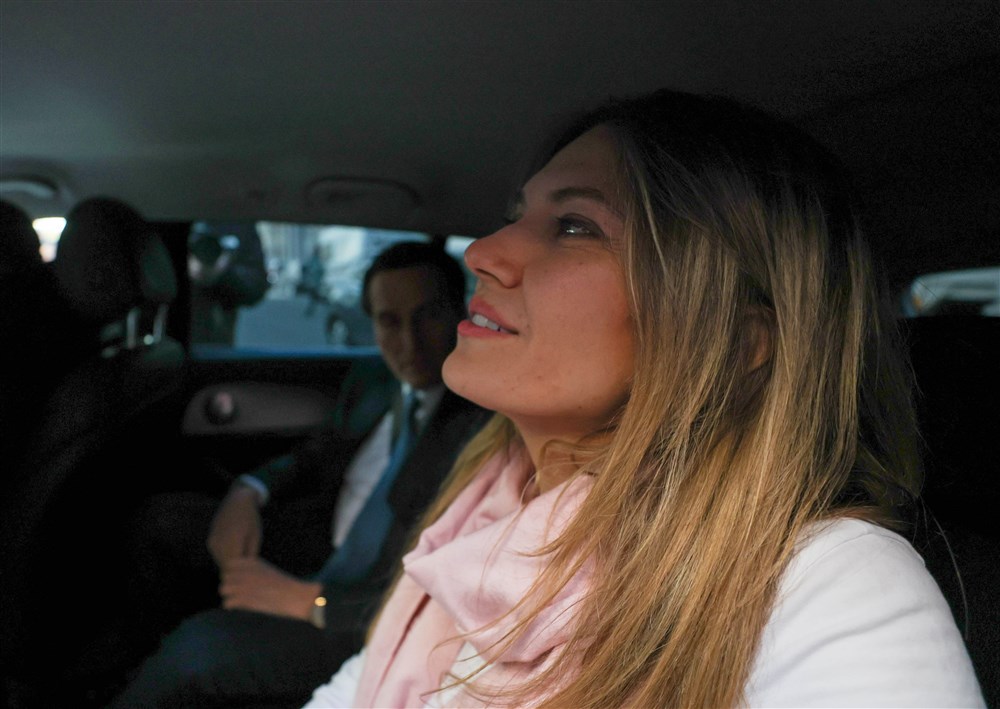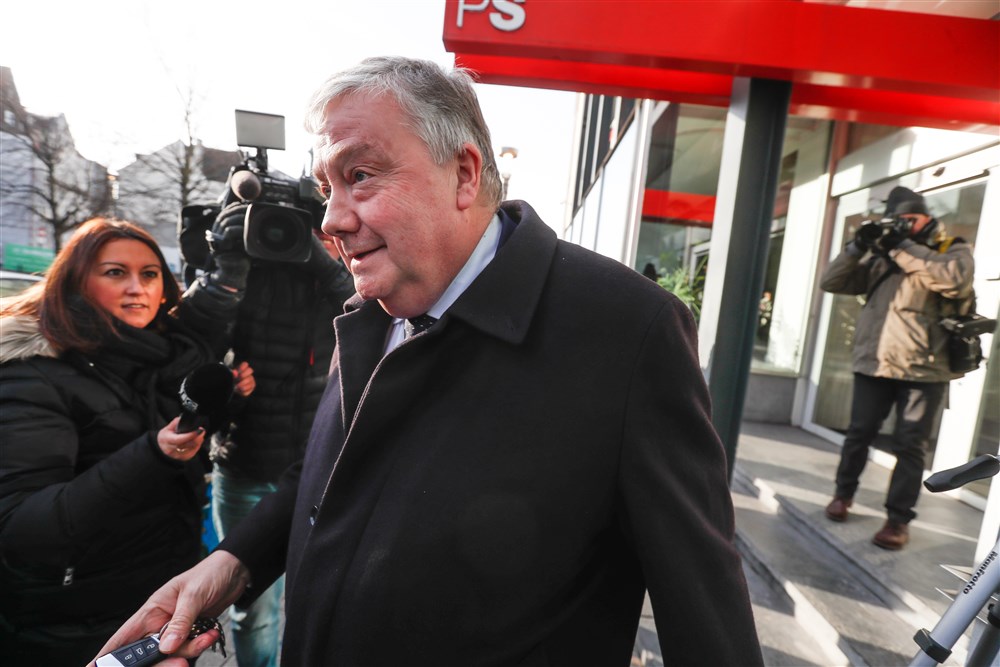Law-abiding Euro MPs must be furious with the Qatargate suspects, who have brought unwelcome attention to less-than-totally-ethical European Parliament practices that were hitherto out of the public eye.
In addition to gifts and luxury travel that they previously “forgot” to declare in the official register, many Euro MPs now face questions regarding the “side jobs” they are legally entitled to hold.
“It’s an open secret that numerous MEPs, especially qualified lawyers, are doing additional paid work on the side” reports Politico today. The practice, while legal, is both “ethically slippery” and widespread. The standard gross salary for MEPs is around €10,000 a month.
Do these side hustles influence the way they vote?
The assembly’s code of conduct states MEPs cannot “engage in paid professional lobbying directly linked to the Union decision-making process” though this is open to interpretation, as the examples given in the Politico article highlight.
It is “amazing that MEPs in Brussels moonlight in second jobs that can conflict with their duties as legislators,” wrote The Economist‘s Brussels bureau chief, Stanley Pignal, on Twitter. “Notably, many are ‘lawyers’ in a town where law firms = lobbyists”. He continued: “Fun fact, in America the only side-occupation allowed for congressmen is medicine”.
By US standards, lobbying rules in Brussels are lax. Failing to declare a lobbying job for a foreign power is a criminal offence in the US, whereas in Brussels, such a job is not even subject to mandatory registration (as the Brussels Signal reported on March 7).
Ethical standards at the European Commission have also come under the spotlight. Officials of Director-General grade can sign off on their own conflict assessment evaluations, it was revealed earlier this week. The top official at the Commission’s transport ministry did just that: he accepted free business flights to Qatar while his department was negotiating a trade agreement with the country and decided at the same time that there was no potential conflict. Under reforms rushed through by the Brussels executive, this will no longer be allowed. Senior officials will from now on have to clear expenses with higher-ups in their hierarchy.





Do EU officials really have cushy jobs?